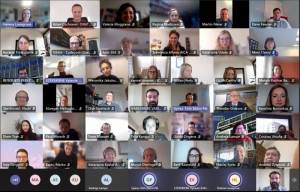 On the 2nd of December 2020, the Hellenic Open University and in particular, the DAISSy research Group, participated in the virtual kick-off meeting of the ESSA project.
On the 2nd of December 2020, the Hellenic Open University and in particular, the DAISSy research Group, participated in the virtual kick-off meeting of the ESSA project.
The European Software Skills Alliance (ESSA), an alliance of 26 software sector partners, brings together key industry and education stakeholders from across the domain. Following the European Commission’s call, the ESSA partners will work together to design and implement the new Software Skills Strategy and VET curriculum for Europe that will tackle the current and future skills shortages in the European Software Sector, driving the growth of software in Europe.
A data-driven Software Skills Strategy based on market needs
The shift from hardware to software is enabling a broader range of new services, accompanied by emerging technologies such as Cloud Computing, Artificial Intelligence (AI), Internet of things (IoT), Blockchain and Cybersecurity. These are driving the high demand for software in Europe and globally, and consequently the growing demand for more professionals in software services.
The ESSA, led by DIGITALEUROPE, unites leading Information and Communications Technology (ICT) representative bodies, software services employers, education and training providers from VET and Higher Education, qualifications regulatory bodies including national accreditation agencies, and a broad selection of stakeholders and social partners from across the industry.
HOU is responsible for contributing to the development of software skills, evaluation and piloting of results.
All partners will work together to ensure that the new Software Skills Strategy is driven by employers’ demand for software skills and combines VET education provision and work-based learning initiatives to implement fast-track upskilling and reskilling. The new strategy and VET solution are directly linked with recognised European instruments, tools and standards enabling skills and career development in general. In addition, new mechanisms will be included to ensure the continuous implementation across programme countries throughout four years of the project and beyond its completion.
New EU-wide VET solution to tackle software skills shortage
The rapidly increasing skills gap and ever-changing technical requirements make it difficult for education and training to keep up. In other words, the growing demand for skilled specialists in software services cannot be fulfilled by the current education and training programmes. Technological innovation has changed the paradigm of the way software and IT infrastructure are being designed, delivered and managed, such as automation or growing software support functions. Therefore, shorter and more efficient education cycles are needed. VET is considered as an applicable format, which enables better alignment with industry and employers’ needs in real time and more flexible learning pathways.
With a focus on advanced digital and ICT professional skills in the area of software services, the ESSA aims to develop innovative and comprehensive VET curriculum customised for various role and job profiles and underlying competences, knowledge and skills needed in the sector. An analysis of market and business needs will be conducted at the beginning of the project in order to prepare a concrete data-based foundation for the development and implementation of both the Software Skills Strategy and the VET programmes. The curriculum and learning materials will equip learners with up-to-date knowledge and skills required to perform advanced digital and ICT professional competences as well as recognised certifications that are transferable across the EU.
For a sustainable development beyond the end of the ESSA project, a long-term strategy will be developed for the ongoing expansion of the Alliance as well as the continuous improvements of the Software Skills Strategy and VET programmes. Additionally, a European Software Skills Community will be created to provide an online platform for expert reviews and exchange of ideas and best practices among the wide software sector and VET community, ensuring the EU-wide adoption and exploitation of the project’s outcomes.
Stay tuned for more information about the project!
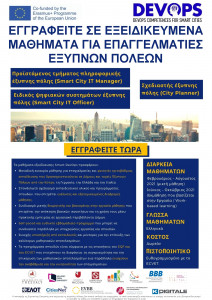 Εργάζεστε ή επιθυμείτε να εργαστείτε στον τομέα της έξυπνης πόλης;
Εργάζεστε ή επιθυμείτε να εργαστείτε στον τομέα της έξυπνης πόλης;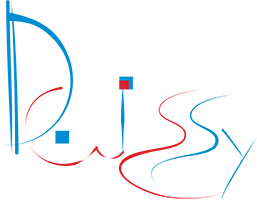


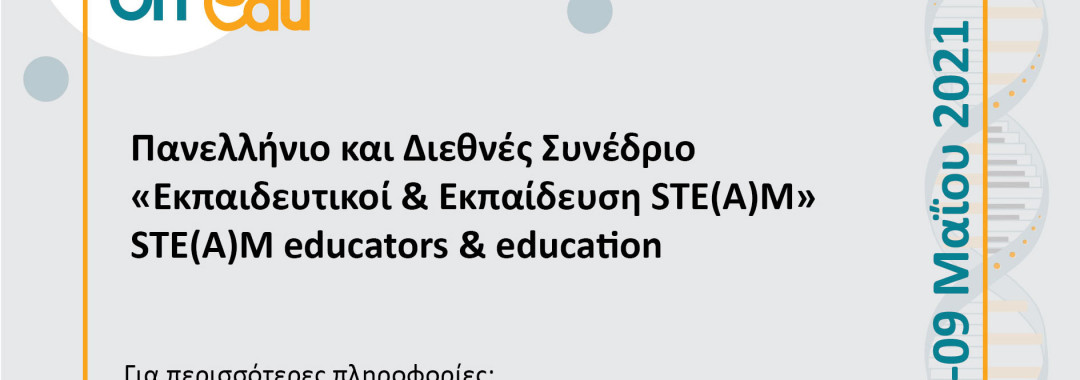
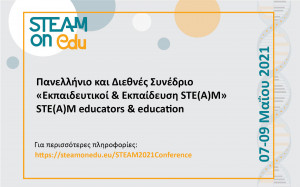
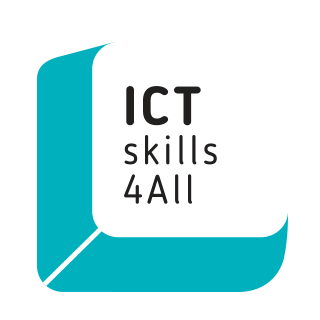
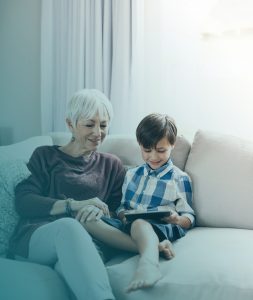
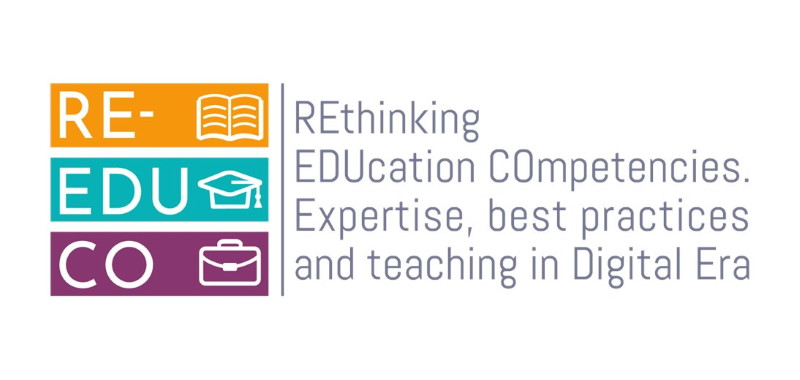
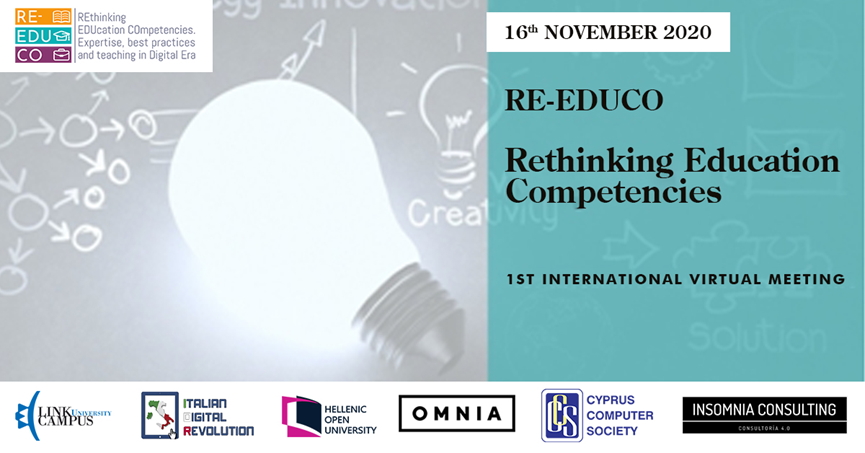
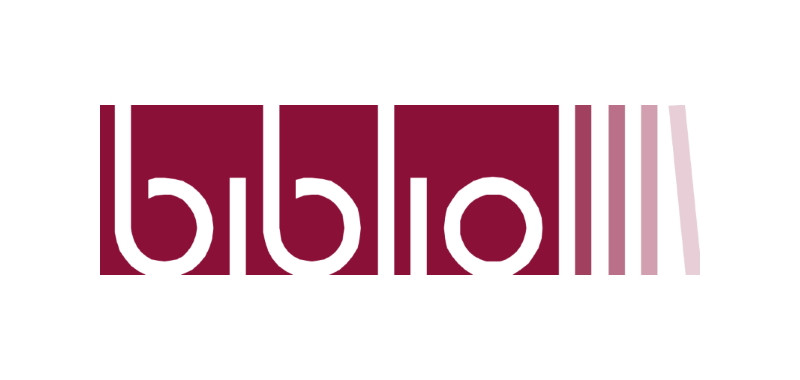
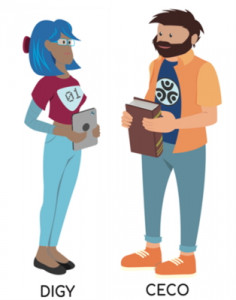
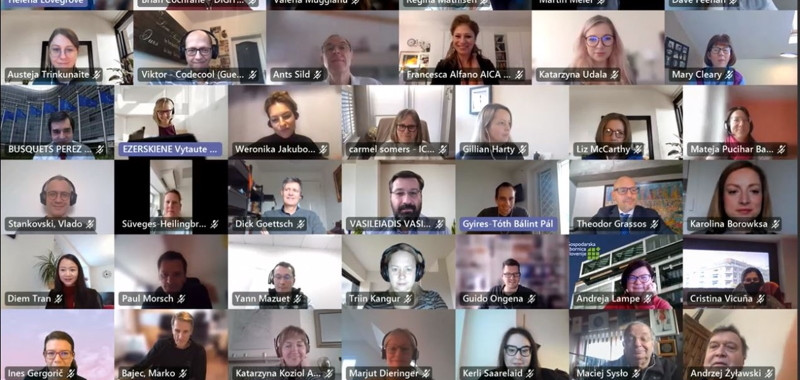

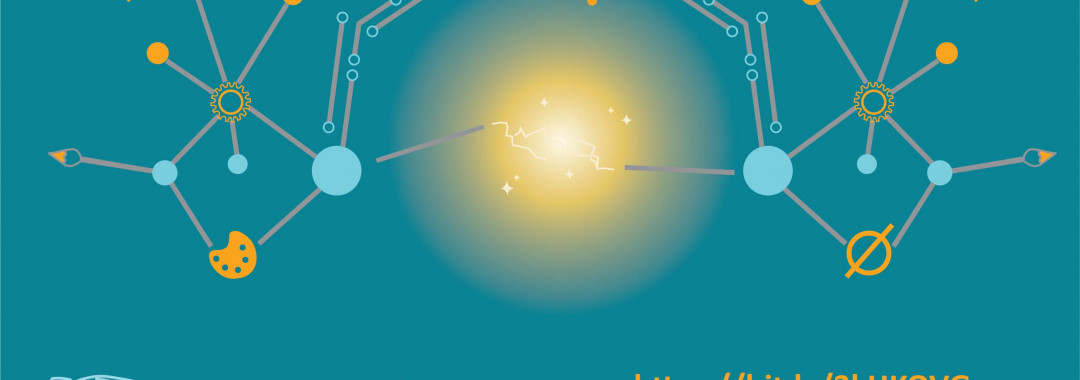
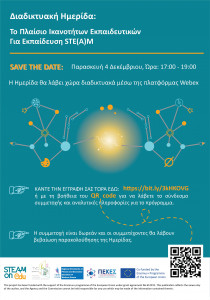 Παρασκευή 4 Δεκεμβρίου – Ώρα: 17:00 – 19:00
Παρασκευή 4 Δεκεμβρίου – Ώρα: 17:00 – 19:00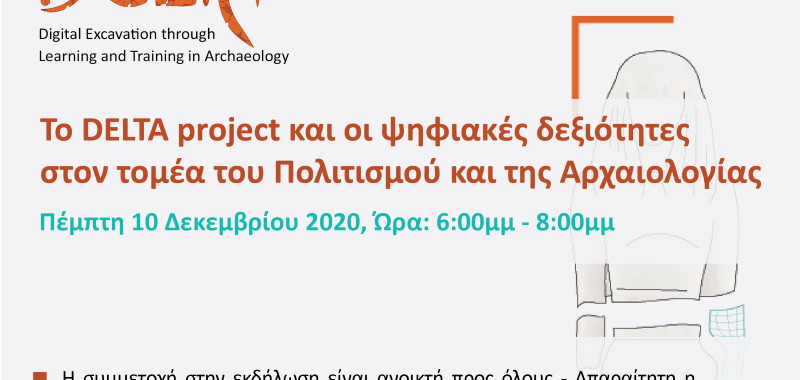
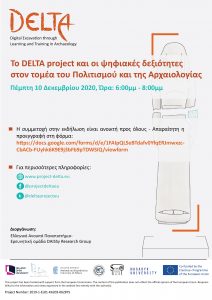 The DAISSy research group of the Hellenic Open University invites you to the first Greek online event, as coordinator within the DELTA project! The event will be organized and delivered online in Thursday 10th December 2020 from 18:00 to 20:00, through the MS Teams platform.
The DAISSy research group of the Hellenic Open University invites you to the first Greek online event, as coordinator within the DELTA project! The event will be organized and delivered online in Thursday 10th December 2020 from 18:00 to 20:00, through the MS Teams platform.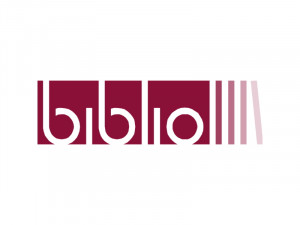 DAISSy Research Group of the Hellenic Open University (
DAISSy Research Group of the Hellenic Open University (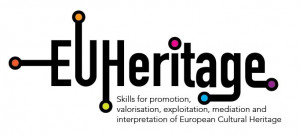 It is noteworthy, that the EUHeritage e-platform will be created under Creative Commons licenses and Open Educational Resources – it is expected to foster the cooperation of the CH sector with other sectors and industries, in particular technology, tourism, SMEs, and Creative and Cultural industries, to allow further scope for creativity, innovation and sustainability.
It is noteworthy, that the EUHeritage e-platform will be created under Creative Commons licenses and Open Educational Resources – it is expected to foster the cooperation of the CH sector with other sectors and industries, in particular technology, tourism, SMEs, and Creative and Cultural industries, to allow further scope for creativity, innovation and sustainability.